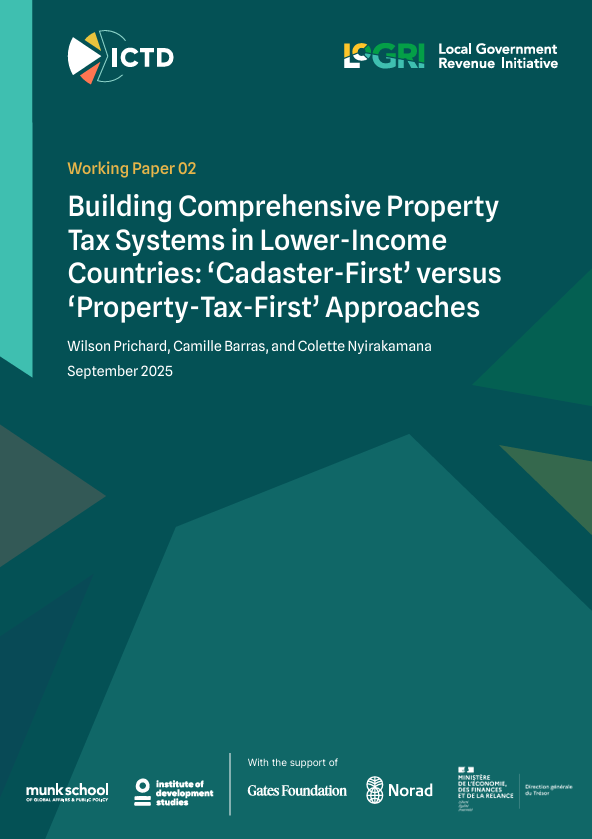An extensive literature has documented the risks posed by the adoption of legal, policy, and institutional frameworks modelled on the experiences of wealthier countries, but which may be inappropriate to the contexts, needs, and constraints of lower-income countries. This paper explores one such example related to the construction of effective property tax systems. Building a comprehensive map of all properties in a given jurisdiction is the foundation for effective and equitable property taxation. Yet, most lower-income countries have highly incomplete lists of taxable properties, along with incomplete or unreliable addressing systems that complicate administration. This has often been presented as a problem of resources and capacity. By contrast, this paper argues that the most important barrier frequently lies in inappropriate laws and institutional structures, often inherited from the colonial period. Most countries continue to mandate that properties should be legally registered with the national government before being eligible for property taxation. While conceptually intuitive, it has posed severe practical barriers to effective administration owing to high costs, institutional complexity, vulnerability to corruption, and misaligned incentives. This paper presents evidence of the benefits of shifting away from such ‘cadaster-first’ approaches in favor of more locally appropriate ‘property-tax-first’ approaches to registering properties for tax purposes.




